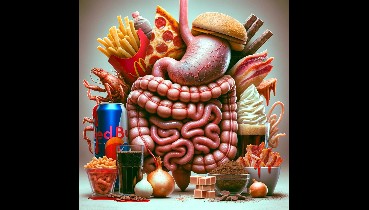
The Gastroenterologist's Guide: 10 Common Foods and Drinks You Should Absolutely Stay Away From
The journey to maintaining a healthy digestive system can often begin with what we choose to eat and drink. Gastroenterologists, specialists in treating the digestive system, frequently advise their patients to steer clear of certain foods and drinks that can exacerbate or trigger discomfort, inflammation, or even more serious conditions. Here's a roundup of the top ten culprits often cited by these digestive health experts:
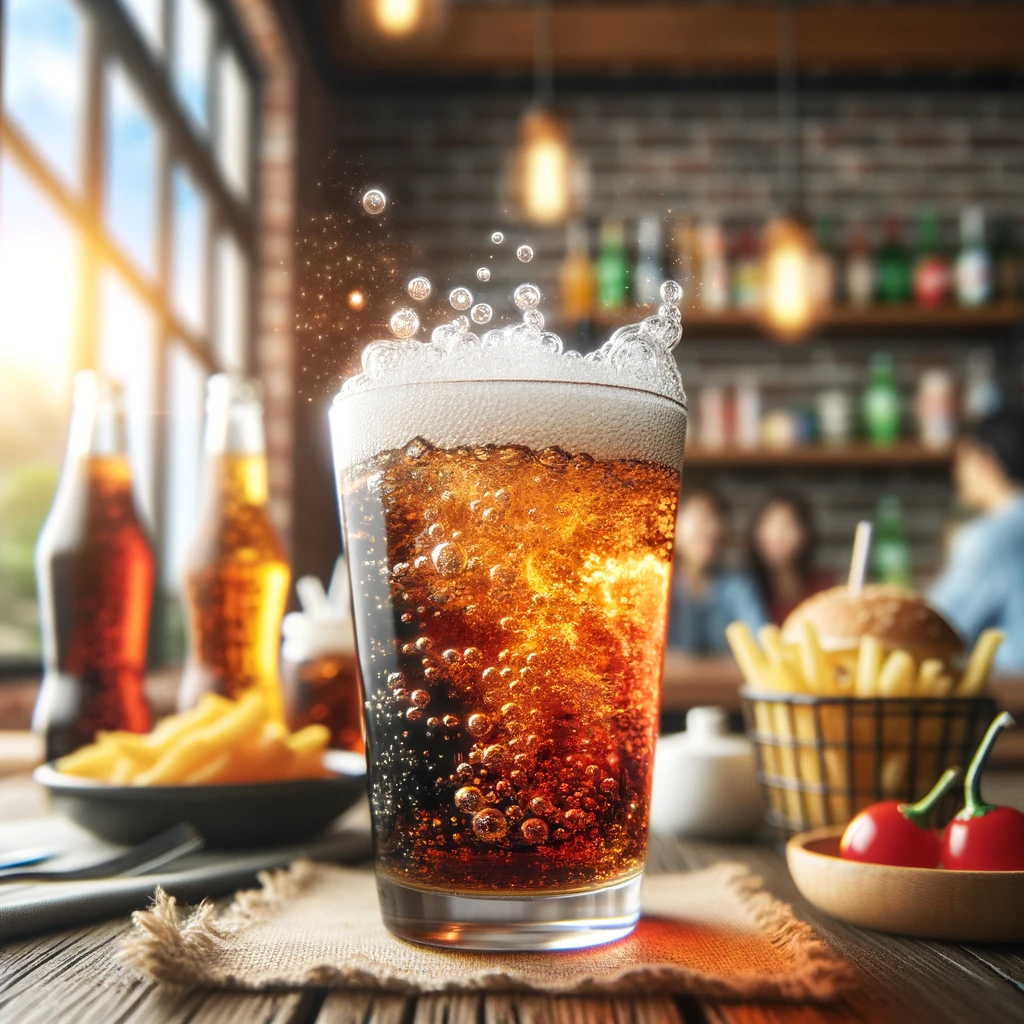 1. Soda and Carbonated Beverages: These drinks can introduce excess air into your digestive system, leading to bloating and gas. The high sugar content can also interfere with the natural balance of your gut microbiome.
1. Soda and Carbonated Beverages: These drinks can introduce excess air into your digestive system, leading to bloating and gas. The high sugar content can also interfere with the natural balance of your gut microbiome.
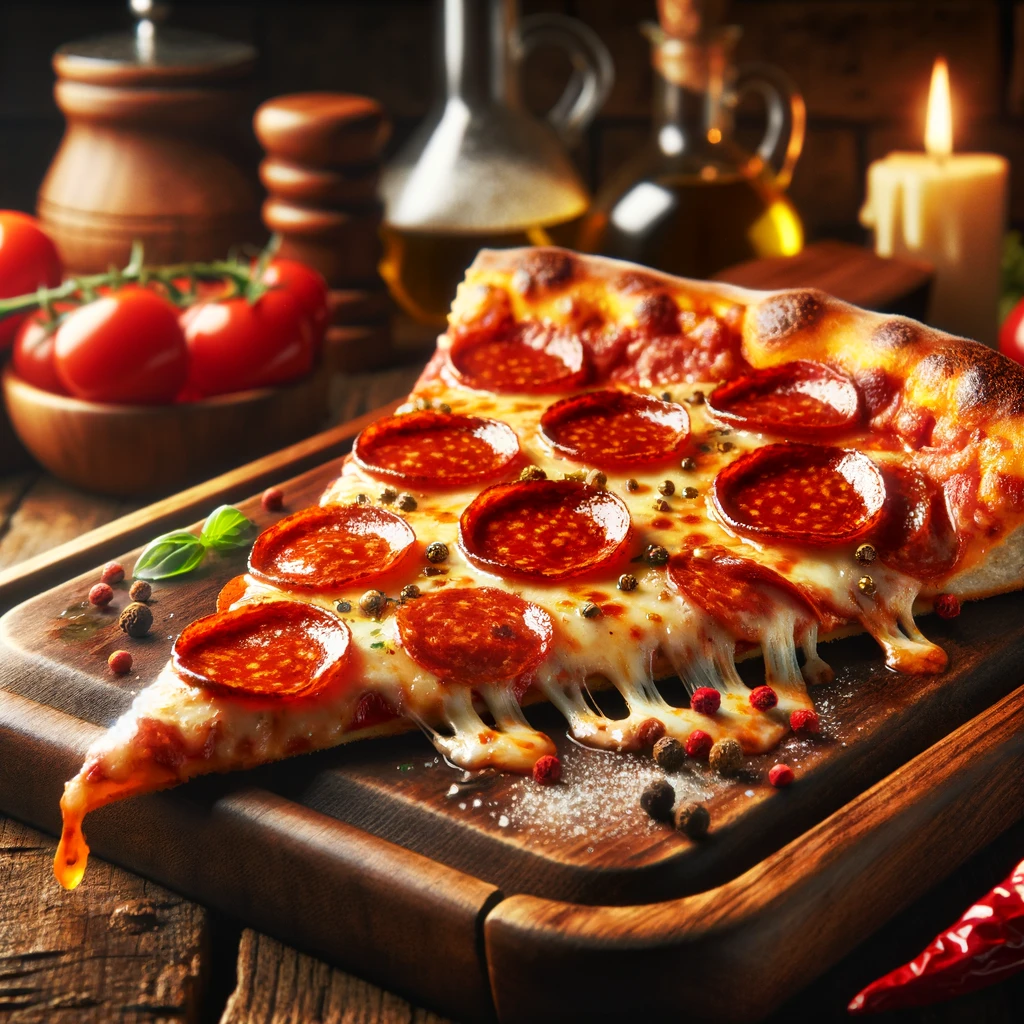 2. Pepperoni Pizza: A double whammy for your stomach, the combination of high-fat cheese and spicy, processed pepperoni can slow digestion and irritate the stomach lining, exacerbating conditions like acid reflux.
2. Pepperoni Pizza: A double whammy for your stomach, the combination of high-fat cheese and spicy, processed pepperoni can slow digestion and irritate the stomach lining, exacerbating conditions like acid reflux.
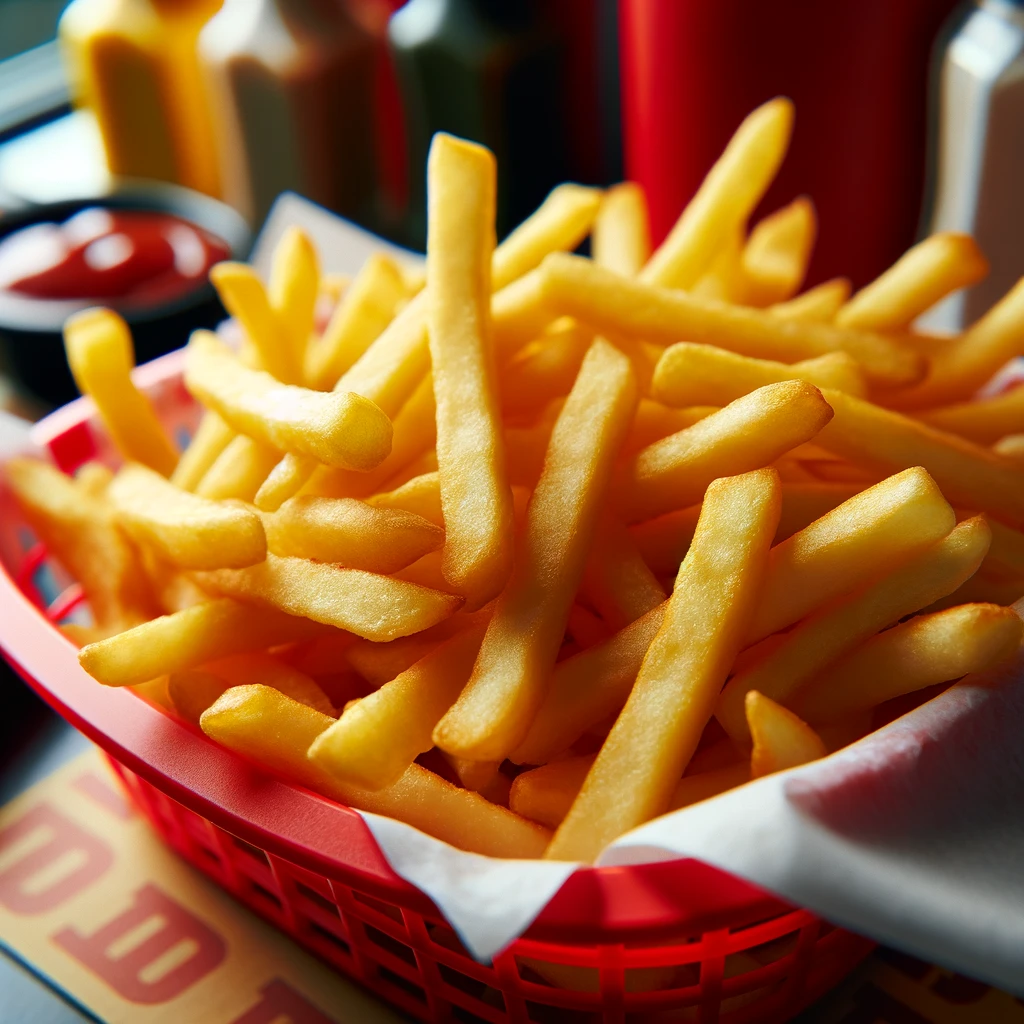 3. French Fries: Deep-fried in oil, French fries are high in saturated fats, which can delay stomach emptying and increase the risk of heartburn by relaxing the lower esophageal sphincter.
3. French Fries: Deep-fried in oil, French fries are high in saturated fats, which can delay stomach emptying and increase the risk of heartburn by relaxing the lower esophageal sphincter.
 4. Ice Cream: For those with lactose intolerance, ice cream can be a direct cause of bloating, gas, and diarrhea. Its high-fat content can also be troublesome for individuals with sensitive digestive systems.
4. Ice Cream: For those with lactose intolerance, ice cream can be a direct cause of bloating, gas, and diarrhea. Its high-fat content can also be troublesome for individuals with sensitive digestive systems.
 5. Coffee: While beloved by many, coffee is highly acidic and can irritate the stomach lining. It also increases stomach acid production and can relax the esophageal sphincter, leading to acid reflux.
5. Coffee: While beloved by many, coffee is highly acidic and can irritate the stomach lining. It also increases stomach acid production and can relax the esophageal sphincter, leading to acid reflux.
 6. Alcoholic Beverages, Especially Red Wine: Alcohol can irritate the digestive tract and increase acid production. Red wine, in particular, contains tannins that can trigger headaches in some individuals and exacerbate digestive discomfort.
6. Alcoholic Beverages, Especially Red Wine: Alcohol can irritate the digestive tract and increase acid production. Red wine, in particular, contains tannins that can trigger headaches in some individuals and exacerbate digestive discomfort.
 7. Milk Chocolate: High in both fat and sugar, milk chocolate can slow digestion and increase the risk of reflux. The caffeine content also contributes to potential digestive issues.
7. Milk Chocolate: High in both fat and sugar, milk chocolate can slow digestion and increase the risk of reflux. The caffeine content also contributes to potential digestive issues.
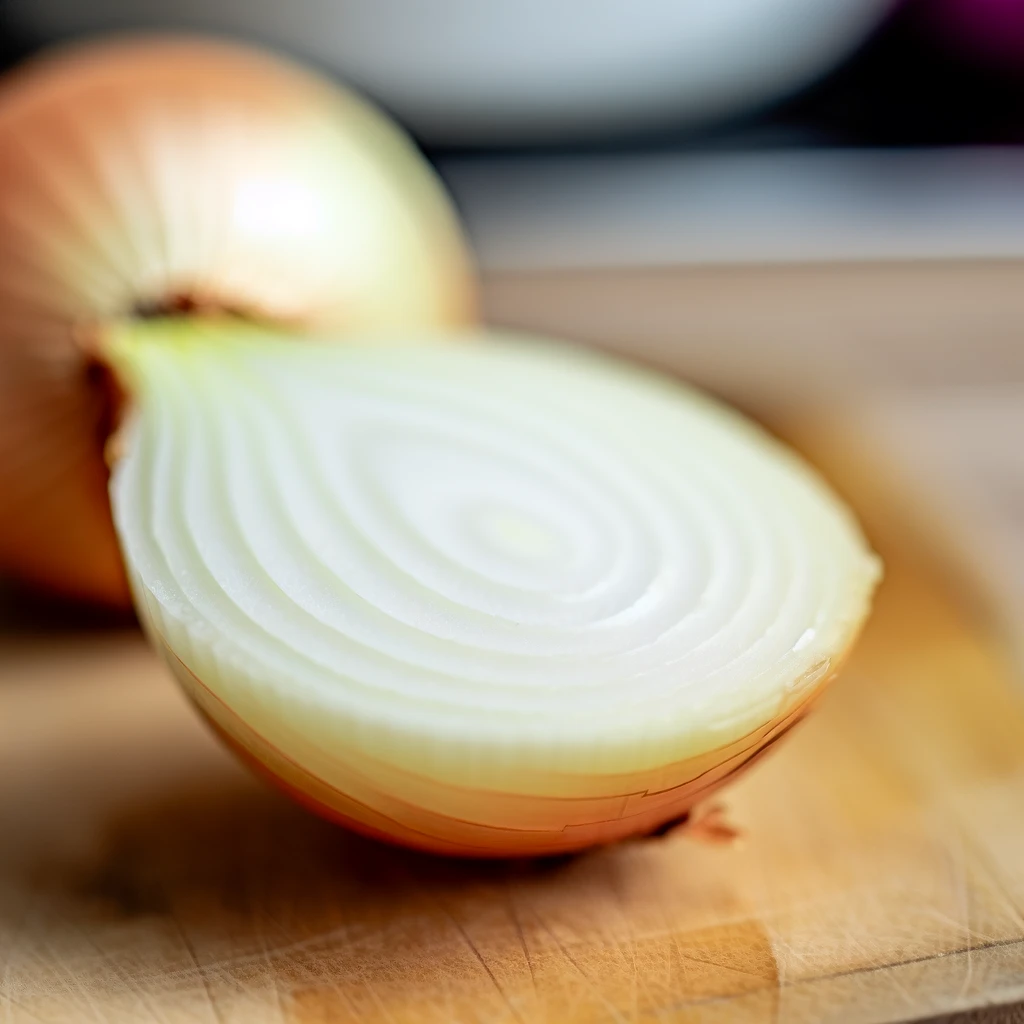 8. Onions: Raw or cooked, onions contain fructans, which are fermentable carbohydrates that can cause bloating, gas, and pain in individuals with irritable bowel syndrome (IBS).
8. Onions: Raw or cooked, onions contain fructans, which are fermentable carbohydrates that can cause bloating, gas, and pain in individuals with irritable bowel syndrome (IBS).
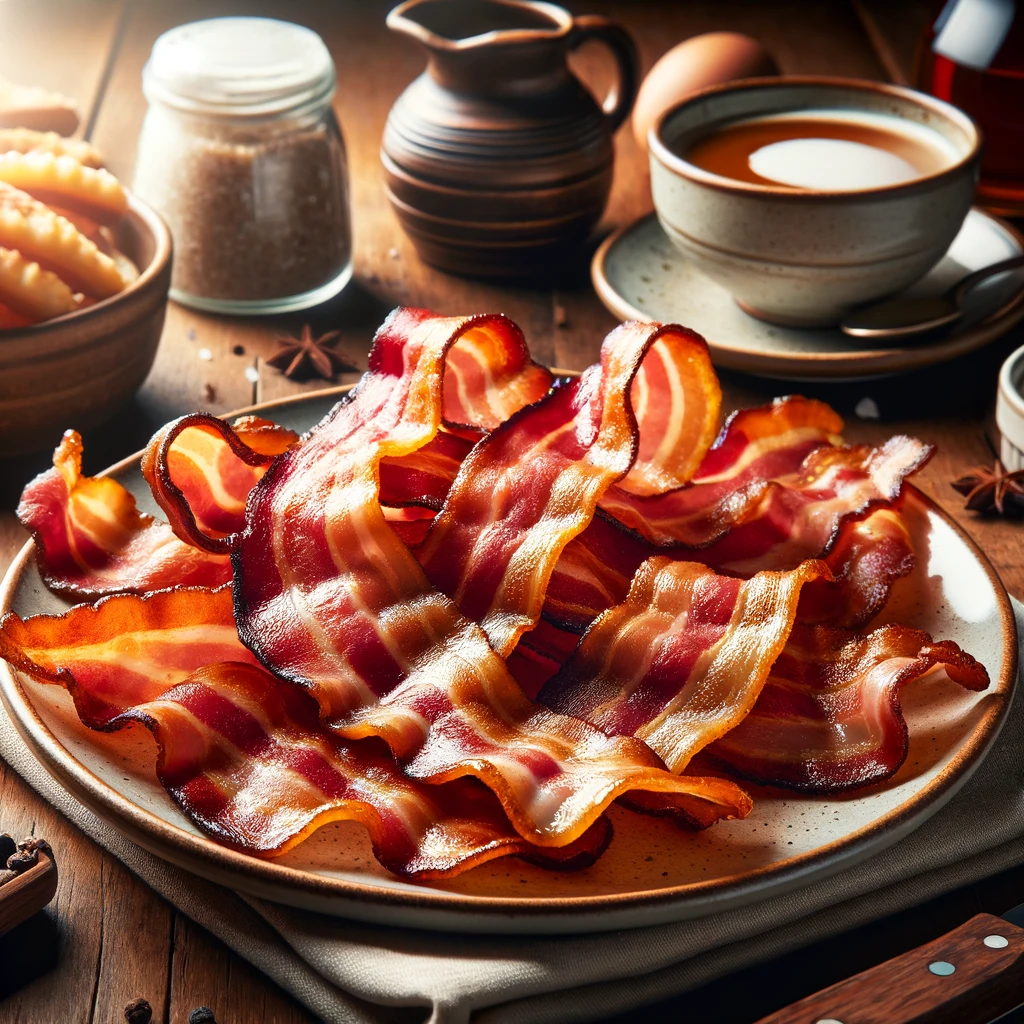 9. Bacon: Its high fat content can lead to similar issues as other fatty foods, slowing digestion and increasing the risk of heartburn. The preservatives used in bacon can also irritate the gut lining in some people.
9. Bacon: Its high fat content can lead to similar issues as other fatty foods, slowing digestion and increasing the risk of heartburn. The preservatives used in bacon can also irritate the gut lining in some people.
 10. Artificially Sweetened Gum: Chewing gum can lead to swallowing air, which contributes to bloating and gas. Additionally, artificial sweeteners like sorbitol and mannitol can cause diarrhea in some individuals.
10. Artificially Sweetened Gum: Chewing gum can lead to swallowing air, which contributes to bloating and gas. Additionally, artificial sweeteners like sorbitol and mannitol can cause diarrhea in some individuals.Each individual’s tolerance can vary widely, and what severely affects one person might not affect another at all. Gastroenterologists advise keeping a food diary to track which foods might be triggering symptoms. For those dealing with persistent or severe digestive issues, it's essential to consult with a healthcare professional for tailored advice. Remember, moderation and a varied diet rich in fruits, vegetables, lean proteins, and whole grains generally support a healthy digestive system.
Advertisements
21 September 2024
Advertisements
